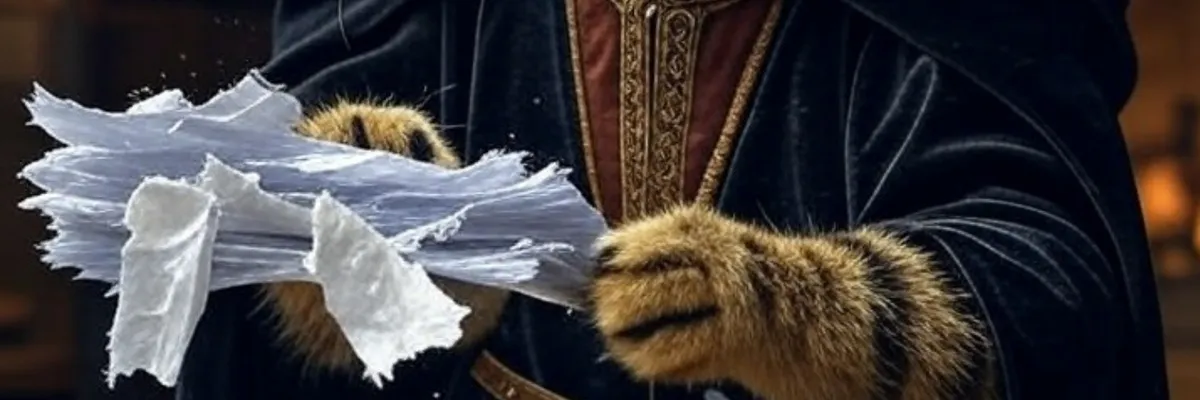Physical Privacy: Paper Shredders

Have you ever tossed a bank statement or receipt into the trash without thinking twice? When the topic of privacy comes up, the natural discussion often focuses on online tools and techniques to protect it. But don't forget the physical aspects of privacy. Those paper documents can be just as risky as an unsecured online account.
While it may be the twenty-first century, there still seems to be an abnormal amount of paper in our lives. Everything from sales receipts to appointment reminders to bills printed on paper that some entities still love to send. All of that information paints a picture of an individual that could prove useful to many. Worse, it could lead to fraud. For example, discarded documents like checks could be altered, or personal details could give thieves what they need to commit identity theft. In fact, identity theft affected over 1.4 million Americans in 2021, with many cases tied to stolen physical documents, according to the Federal Trade Commission.
How do you fix that? By going old school: destroy the documents in a crosscut paper shredder that cuts paper into small pieces before throwing them out. Here's why:
- Protection Against Identity Theft: Many documents, such as bank statements, credit card bills, or anything containing personal identifiers like Social Security numbers, addresses, or account details, can be exploited by identity thieves. If these documents are discarded intact, malicious individuals could retrieve them from the trash and use the information to commit fraud or impersonate you. As a practical tip, shred any document with personal information, even if it seems minor, like a utility bill or shopping receipt. Shredding eliminates this risk by destroying the information beyond recovery.
- Superior Security with Shredding: Unlike traditional strip-cut shredders that produce long, reconstructable strips of paper, a crosscut shredder reduces documents to tiny, confetti-like fragments. This makes it nearly impossible for anyone to piece the document back together, providing a higher level of security. For even more protection, micro-cut shredders turn paper into nearly invisible particles, perfect for highly sensitive materials. This is especially critical for things like financial or medical records.
- Maintaining Privacy: Shredding isn't just about preventing identity theft. It's also about keeping your personal life private. Even if someone isn't trying to steal your identity, they could still misuse discarded information, such as your shopping habits or contact details, for purposes you wouldn't approve of, like unwanted marketing or profiling. Shredding supports data minimization: keeping only what you need and securely disposing of the rest.
- A Security Best Practice: Regularly shredding sensitive documents is a proactive habit that enhances your overall privacy and security. It fits into a bigger picture that includes digital protections like strong passwords or encryption. In some cases, it may even align with legal or industry requirements, such as securely disposing of financial or medical records to comply with regulations.
Bonus: Shredded paper can often be recycled, making it an environmentally friendly way to protect your privacy.
In short, using a crosscut shredder ensures that your personal information stays out of the wrong hands, significantly reduces the risk of identity theft, and helps you maintain control over your privacy. There's a wide variety of crosscut shredders available at many price points to fit all budgets. If you don't have one, consider getting one to protect your privacy.
Remember, we may not have anything to hide, but everything to protect.
